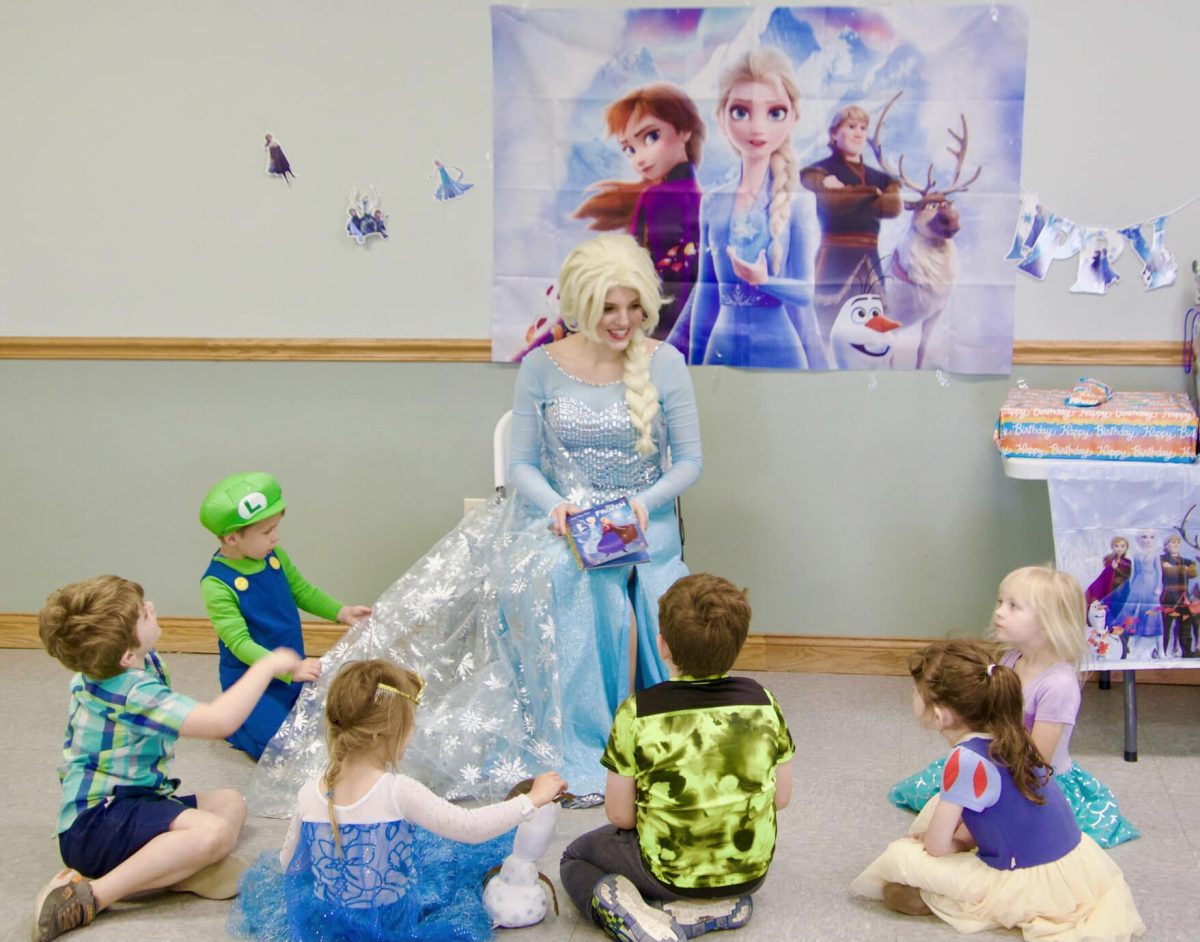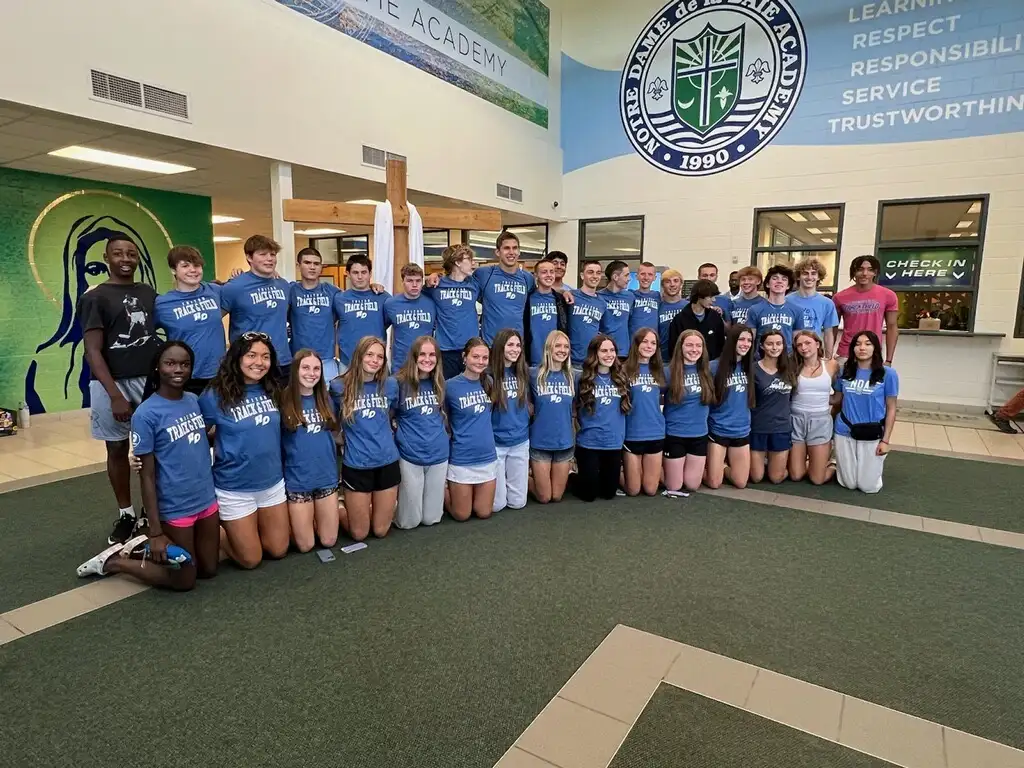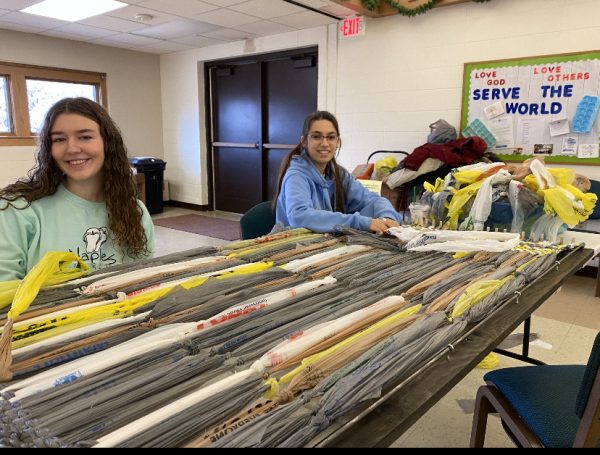Group Work Gripe: Think for Yourself
April 17, 2014
Everyone has had to work in a group project at one time or another in his or her life. In fact, it is becoming the new norm.
All over the country, workplaces and schools are losing the enclosed cubicles and rowed desks and moving towards setting them up in pods or groups. However, something is lost when everyone is pushed together.
People lose their ability to think for themselves and create their own ideas. According to the Emory University neuroscientist Gregory Berns in a New York Times article, when people working in a group stray away from the dominant idea of that group, they simulate the amygdala, the organ in our brain that holds the fear of rejection. Berns calls this the “pain of independence.”
It’s no secret that most people are afraid to show what they really think or their best ideas, for fear of being wrong. And thrusting these people into the thick of group work just silences these ideas even more.
Group work can also be negative on the other end of the spectrum–when one member ends up with the responsibility for the entire project.
One person is often left to do the dirty work and the rest of the group basks in all the glory when it comes time for presentation.
Some of the most influential ideas and inventions were produced from people who liked to have their alone time to really think. Albert Einstein once said, “When I examine myself and my methods of thought, I come to the conclusion that the gift of fantasy has meant more to me than any talent for abstract, positive thinking,”
When Einstein was able to take time for himself, he was able to think at his best.
There is definitely importance in working together sometimes. We need to learn communication and the ability to collaborate and add on to each other’s ideas.
According to The New York Times writer Susan Cain, obstacles we face today are “more complex than ever before” and “we’ll need to stand on one another’s shoulders if we can possibly hope to solve them.”
Working as a team proves to be more productive than individual work, Cain reports, but when teams have “members collaborate remotely,” they are, “the most influential of all.”
It would be best to stop forcing groups to work together on large projects, as it diminishes individuality and originality. Rather, have them each get a part of the puzzle to work on, and when they get stuck, let them share ideas and experiences.
This would teach people to try to work out problems for themselves, using all of their unique creative thought processes while at the same time leaving them very open to suggestions and being able to improve with the help of others.
People need to think for themselves before trying to persuade others to agree with them. It has been my experience that while working in a group, people’s ideas tend to clash and nothing gets done, or one person has to take the lead.
While working alone I have always been able to get the most done and learn the most at the same time. I like to hear about other people’s approaches to the same problem after so I can have an even broader view the next time around.






































